Engorgement is when your breasts become painfully swollen and heavy. However, following a few simple tips should sort the problem and stop your breasts from hurting.
What are the symptoms?
It's normal for your breasts to feel warm, heavy and tender when they first fill with milk around 3 days after your baby is born. However, if your breasts are hot, painful, hard and tight you may have engorgement. Following a few simple tips should sort the problem, which will stop it leading to mastitis and affecting your milk supply.
What causes it?
Either the baby is not latching onto the breast correctly or cannot remove milk effectively. Some newborns are not able to feed effectively because they are small, premature, sleepy or unwell. Whether it's caused by incorrect attachment or the baby not feeding effectively, the result is simply too much milk building up in your breasts.
It's common in the first week after birth when both you and your baby are learning to attach and feed correctly, but it can happen any time when your breasts aren't emptied properly. Missed feeds or not letting your baby feed often and long enough can cause engorgement, although you could just be one of the mums that makes more milk than their baby needs. Expressing and donating breast milk is a great solution for these mums – find out more on our page about the Scotland-wide donor milk bank.
What's the solution?
Try to empty your breasts as much as possible, which can be tricky because it's difficult to get your baby to attach to an engorged breast. Try gently hand-expressing some milk before the feeds to soften the breast tissue and help your baby attach properly. Warming your breasts up with hot towels or heat packs can also help milk flow more easily.
If your breasts continue to be too full after feeding, then express both breasts to remove the backlog of milk until they are empty. Just do this once. This will prevent your breasts hurting. However, if you keep doing this then the breasts will be overstimulated and your milk supply will increase further. If it continues then you need to seek help from your midwife or health visitor or call the Breastfeeding helpline.
How can I stop it happening again?
The key thing is to make sure your baby is correctly positioned and attached so your breasts release enough milk – they should feel fairly soft after every feed. Feed whenever your baby shows signs of being hungry and avoid infant formula, water and dummies. These lead to less frequent breastfeeding, which in turn leads to a build-up of milk.
If you are trying to build up a supply of expressed milk for your freezer, you could be increasing your milk supply, which may make you produce more milk then you need. If this is the case, you might want to reduce the amount you express over time (just express what you need to make you comfortable) until your body has adjusted to a more comfortable level of milk supply.
It's best to express just once a day, after a feed and usually in the morning when your breasts are fuller. This means that you will only get smaller amounts but you just need to collect these up to make a whole feed. Once you are away from the baby and miss a whole feed you will be able to express a much bigger volume to store for the next time!
Have a look at our pages on breastfeeding positions, correct attachment, and expressing and bottle feeding for more advice on how to overcome engorgement.
 Activities & Play
Activities & Play Behaviour
Behaviour Childcare
Childcare Development & Growing Up
Development & Growing Up Family, Friends & Relationships
Family, Friends & Relationships Feeding Your Baby
Feeding Your Baby Food & Eating
Food & Eating Health & Safety
Health & Safety Mental Health & Wellbeing
Mental Health & Wellbeing Money & Work
Money & Work Online Behaviour & Safety
Online Behaviour & Safety Pregnancy & First Days
Pregnancy & First Days School & Education
School & Education Sleep
Sleep



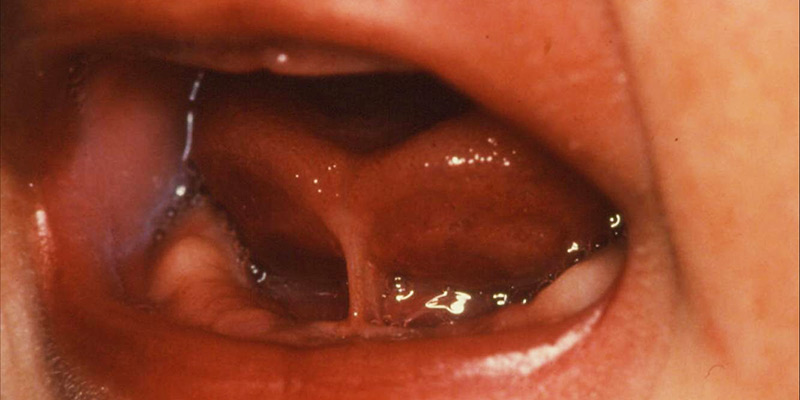
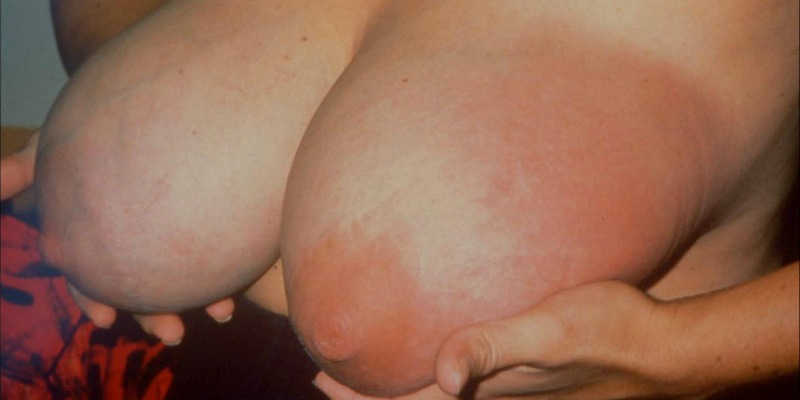
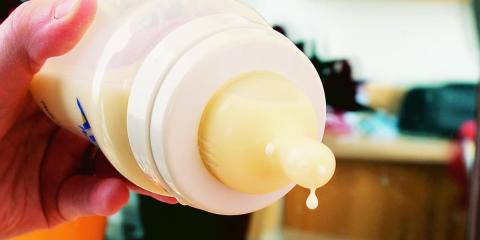
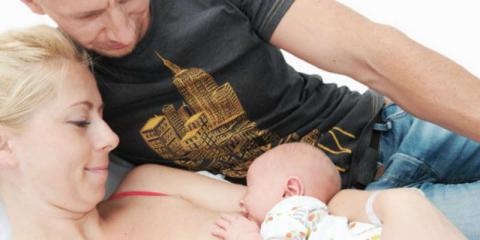
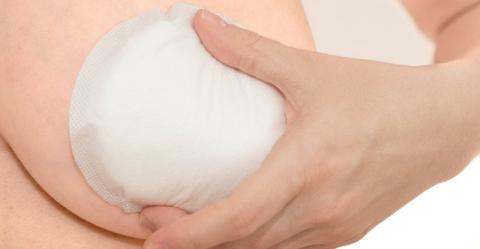
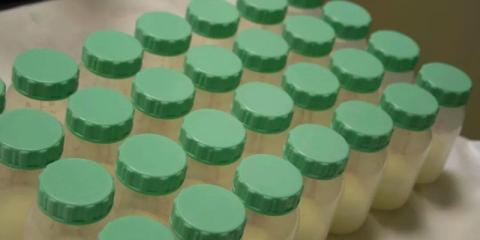
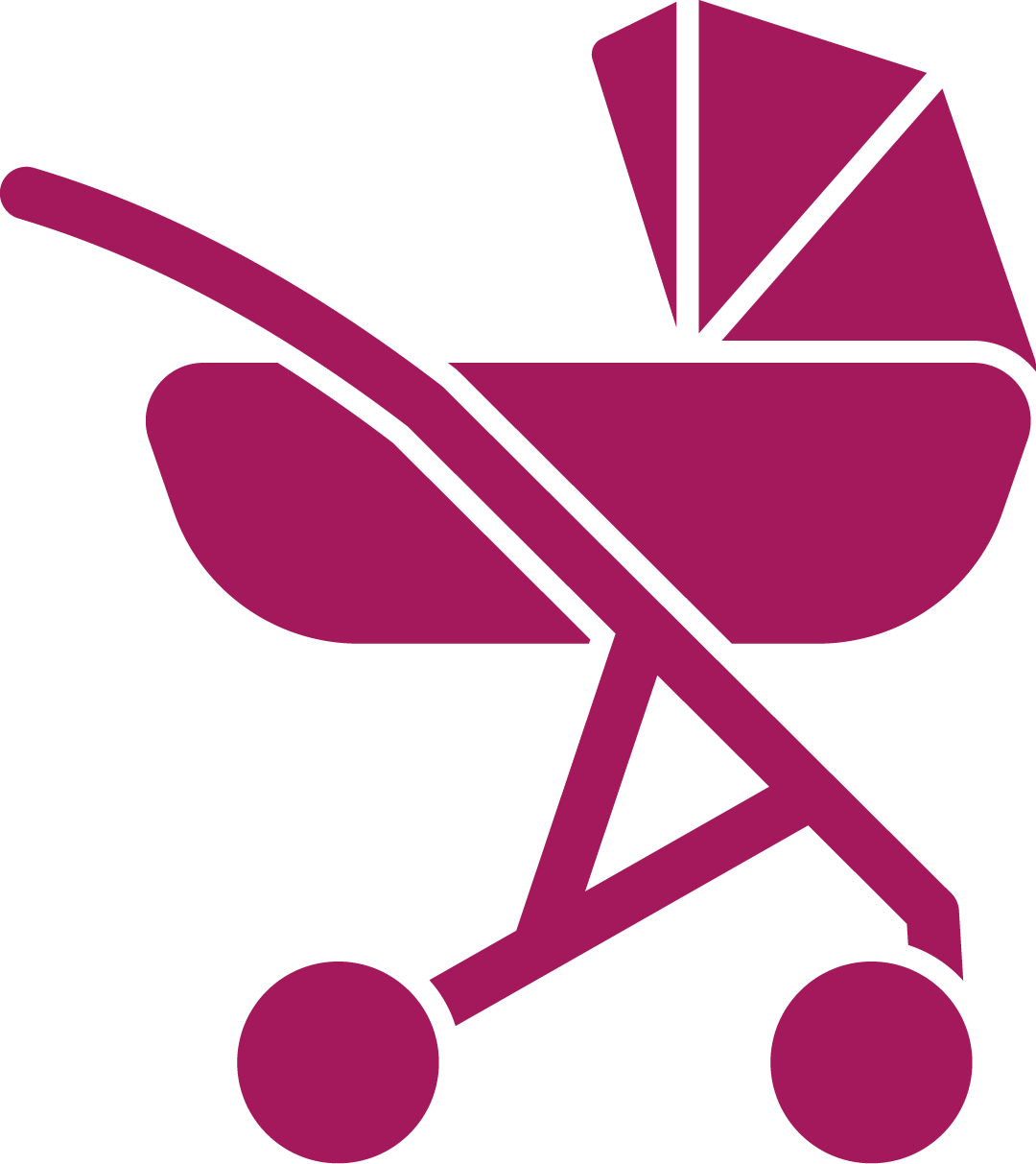 Pregnancy & First Days
Pregnancy & First Days
 Sleep
Sleep